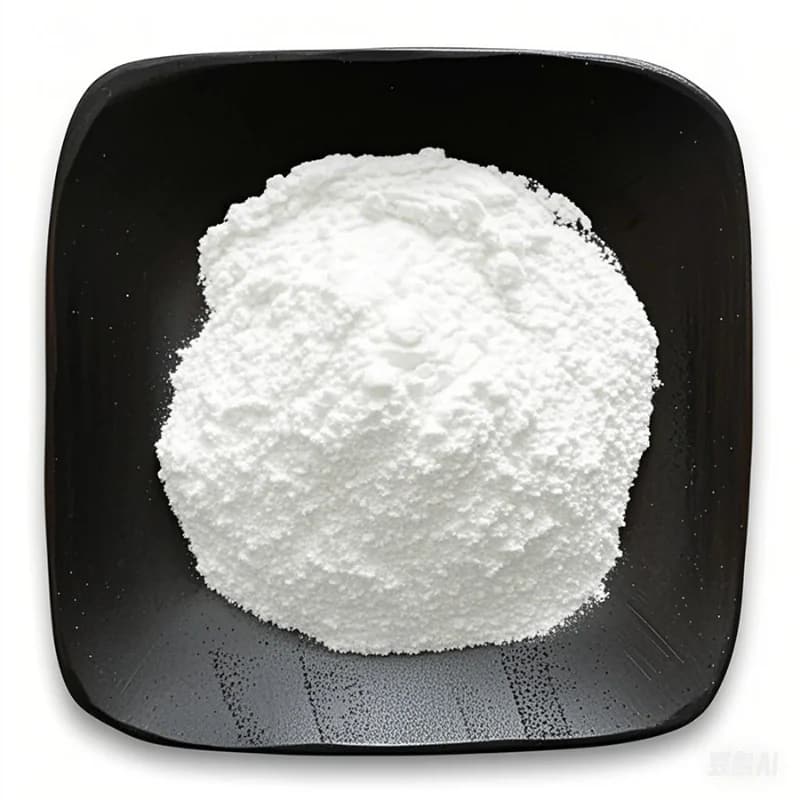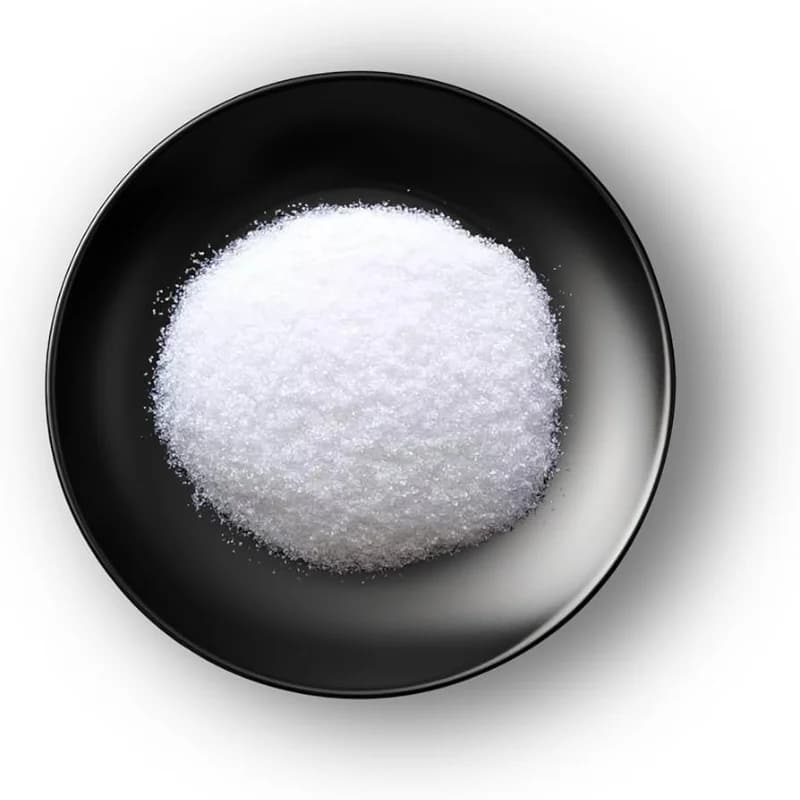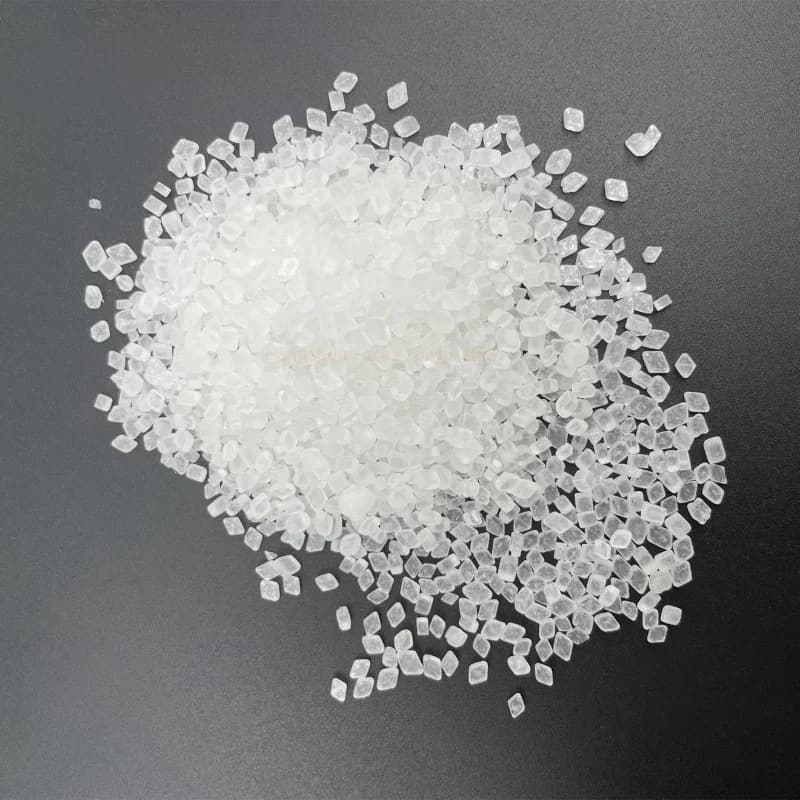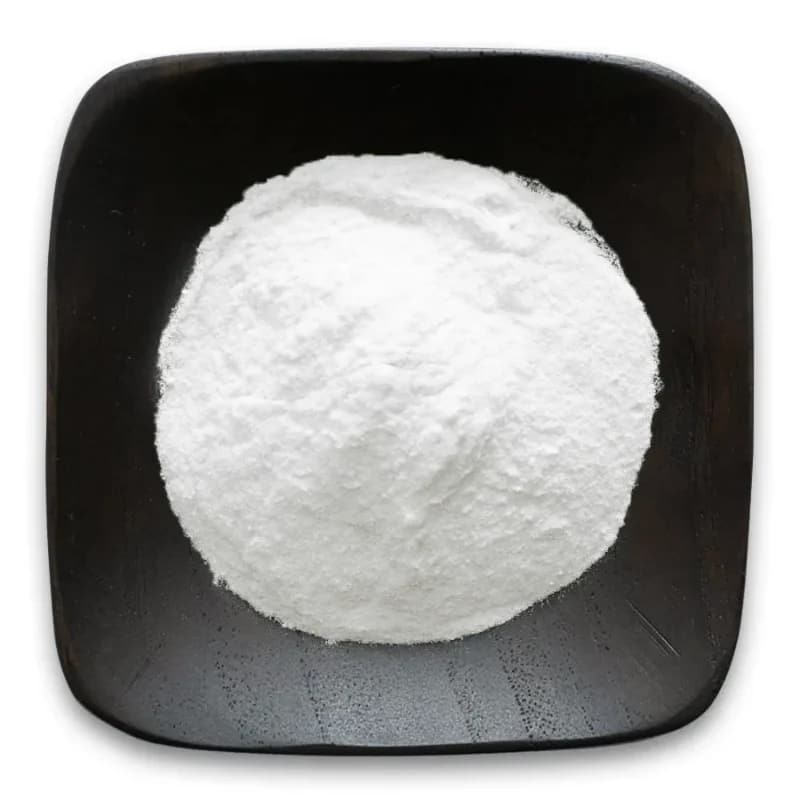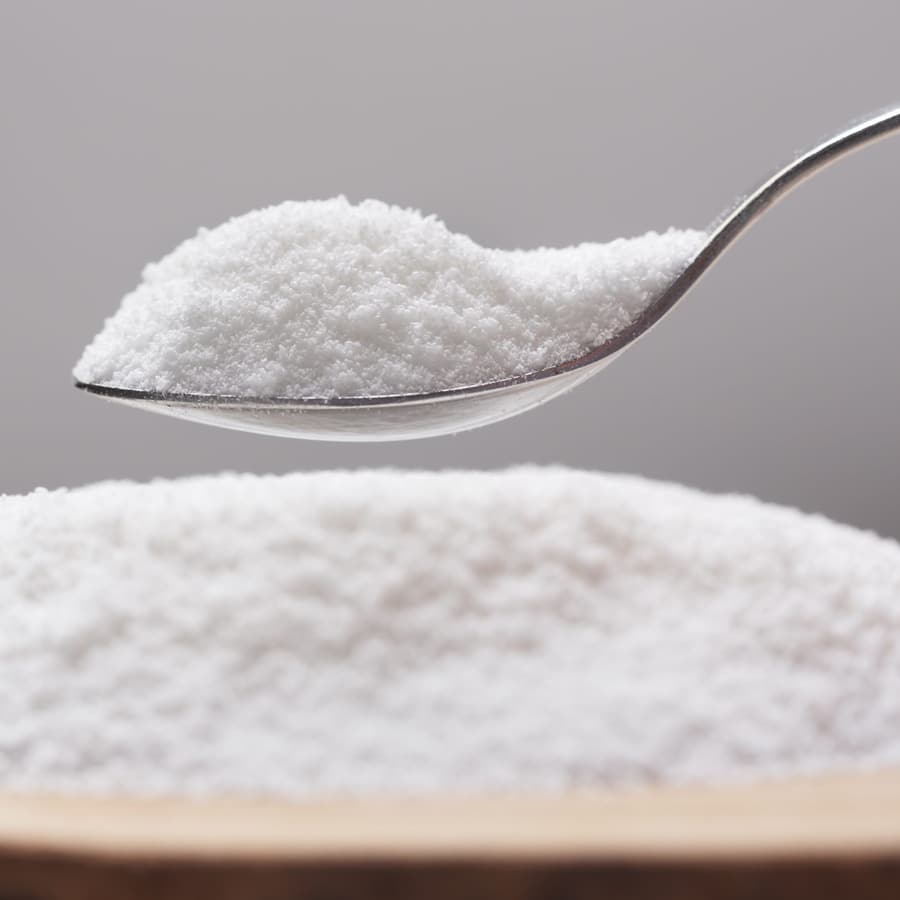Insoluble saccharin
Notice:We believe the information contained herein is accurate and provided in good faith to assist our customers. However, since the conditions of use of the products are beyond our control, Senyan™ assumes no liability or risk whatsoever in connection with the use of its products. Nothing herein shall constitute an express or implied warranty or guarantee of Senyan™ products or their use.
Product Description
Phthalylsulfonimide (Insoluble saccharin) is a precursor compound of the artificial sweetener sodium saccharin. Due to its poor water solubility, it is mainly used in industrial synthesis. Its sodium salt, Saccharin Sodium, is widely used in the food and pharmaceutical industries due to its high sweetness and low cost, but attention should be paid to regulatory restrictions and appropriate intake. With the development of new sweeteners, the proportion of saccharin use has gradually declined, but its historical status and practicality in specific scenarios remain irreplaceable.
Physical Properties of Senyan™ Insoluble saccharin
- Appearance: Colorless crystalline powder or crystals, odorless when pure.
- Solubility:
- Poorly soluble in water (approximately 0.02 g/100 mL at 25°C), but readily soluble in organic solvents such as ethanol and diethyl ether.
- Its sodium salt (sodium saccharin) is highly soluble in water, so water-soluble sodium saccharin is more commonly used as a sweetener in industry.
- Melting Point: Approximately 228–231°C (with decomposition).
Application of Senyan™ Insoluble saccharin:
- Pesticide Intermediate: Used in the synthesis of certain pesticide insecticides (note: this is not its mainstream application and should be confirmed according to specific processes).
- Sweetener Raw Material: Its sodium salt (sodium saccharin) is a commonly used artificial sweetener in the food industry, but saccharin itself is rarely directly used in food due to its poor solubility.
Online Quote
Request for Quote: Insoluble saccharin
